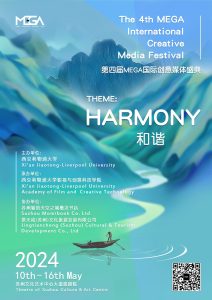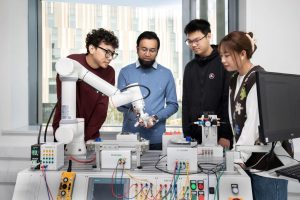July 09, 2018
What has allowed China to cover in 70 years a development path that took Western countries 200 to 300 years?
The XIPU Institution series, the third session of ‘XIPU Dialogue’ invited Professor Langhui Huang, a famous statistician in China, to talk face-to-face with Professor Zhiyue Bo, director of the XIPU Institution about the contribution and influence of China’s development to the world.
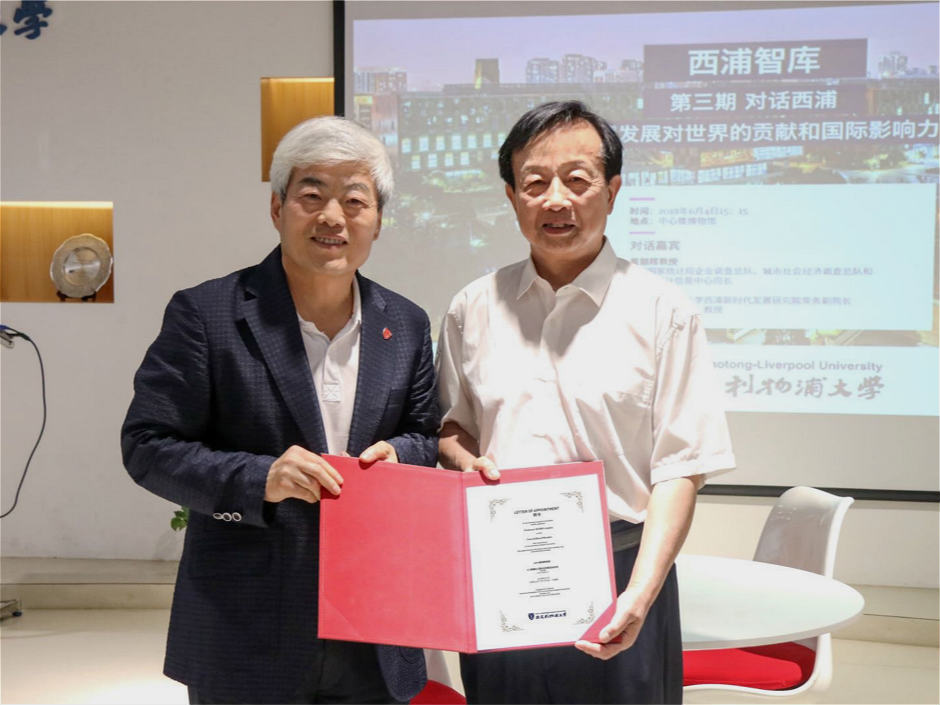
above: Professor Youmin Xi awarded Professor Langhui Huang with the appointment certificate of the XIPU Institution council/International Advisory Committee
Professor Huang had worked as the director of the Corporate Survey Division, Urban Socio-economic Survey Division, and the International Statistical Information Centre of the National Bureau of Statistics of China, and made great contributions to the field of national statistical surveys, analysis, and research. He is also a member of the XIPU Institute council and the International Advisory Committee.
Professor Youmin Xi, executive president of XJTLU, said in his opening speech:
“It is very difficult to explain the economy of a country, which is a very complicated science. Through activities like this, we hope to have conversations with the experts and gain an insight into the economic boost China has experienced over the last few decades.
“In so doing,” he continued, “we can make some useful conclusions, and bring to this new historic starting point a clearer understanding of China, and hopefully avoid as many detours as possible.”
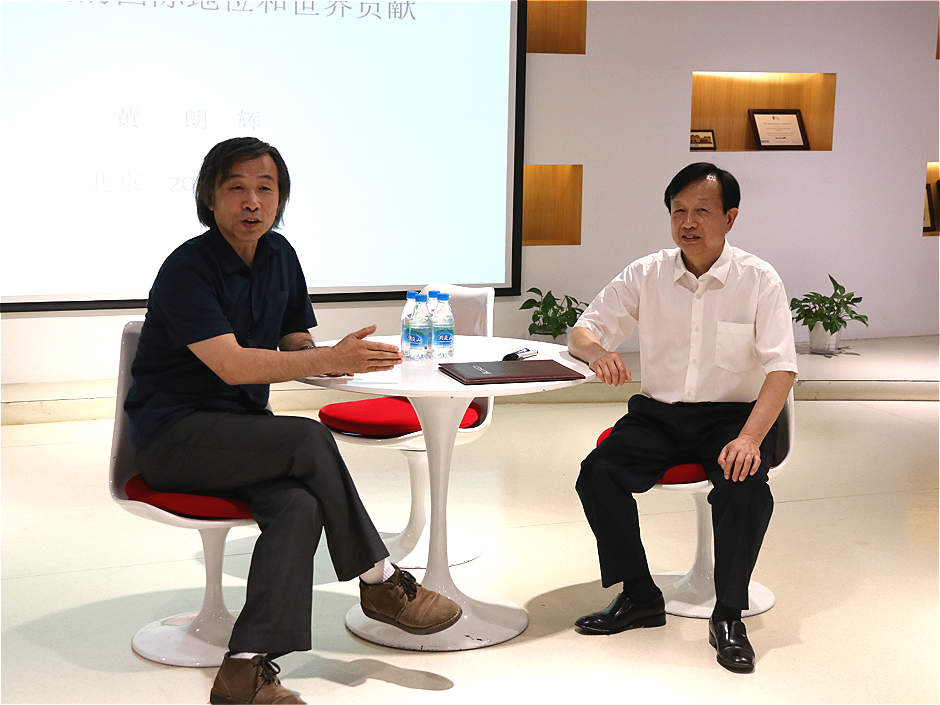
As a statistician, Professor Huang first described the current position of China in the international community, and the gaps between China and other leading nations of the world in terms of hard and soft power.
Regarding hard power, he gave the following statistics as examples:
- In 2010, China outgrew Japan in economic aggregate and became the world’s second largest economy after the USA;
- From 2010 to 2017, China remained the world’s second largest economy, and kept growing fast;
- China is by far the greatest single contributor to world economic growth: From 2013 to 2016, one third of the world’s economic growth was attributed to China;
- In aspects of consumption, investments abroad, imports and exports, and foreign exchange reserves, China’s growth ranks top in the globe.
Secondly, Professor Huang pointed out that China has made great achievements in science and technology, quoting the Ministry of Science and Technology:
“Since its founding, especially in the 40 years after Reform and Opening, the People’s Republic of China has evolved from catching-up and running abreast with international levels to now leading the trends in some major fields in terms of research innovation, and the development of an innovative country.”
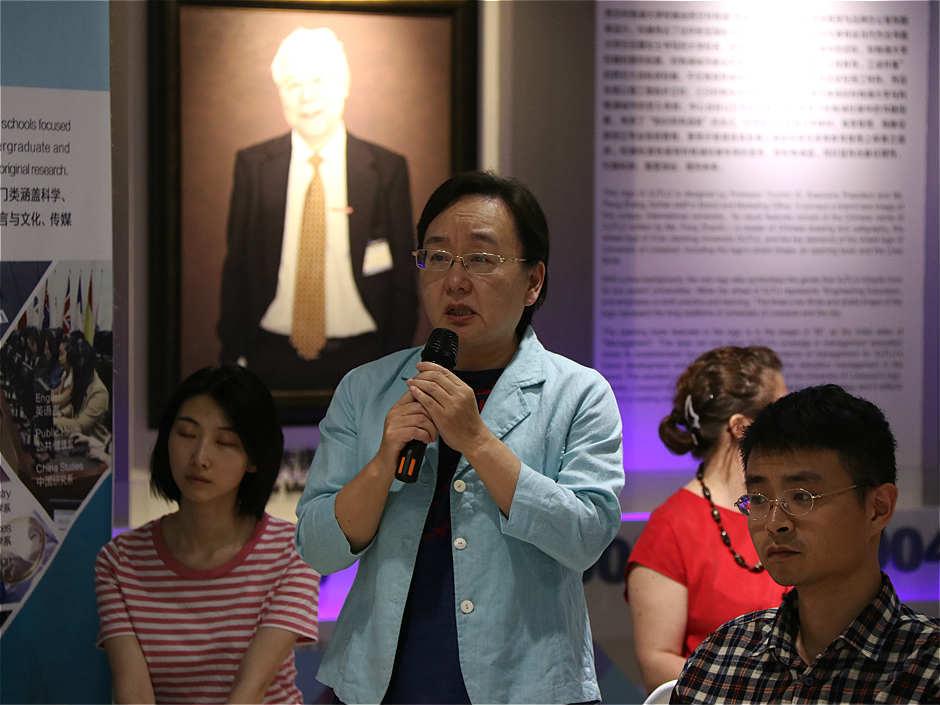
He emphasised that in strategic fields such as aerospace technology, deep ocean exploration, and supercomputers, China has been outstanding with its highly-advanced technologies.
Thirdly, gross national income per capita in China has risen from 156 US dollars in 1978 to 8,800 US dollars in 2017, with China’s ranking rising from near the bottom (175 out of 188 countries) to near the middle - China is currently ranked 93rd worldwide for per capita GNI. According to related standards of the World Bank, China has become a medium-developed country whose GNI per capita is between USD 4,000 to USD 10,000.
As for soft power, Professor Huang argued that China’s voice is becoming more and more influential in the international community, pointing to the Belt and Road Initiative which has received much positive recognition from many countries and international organisations.
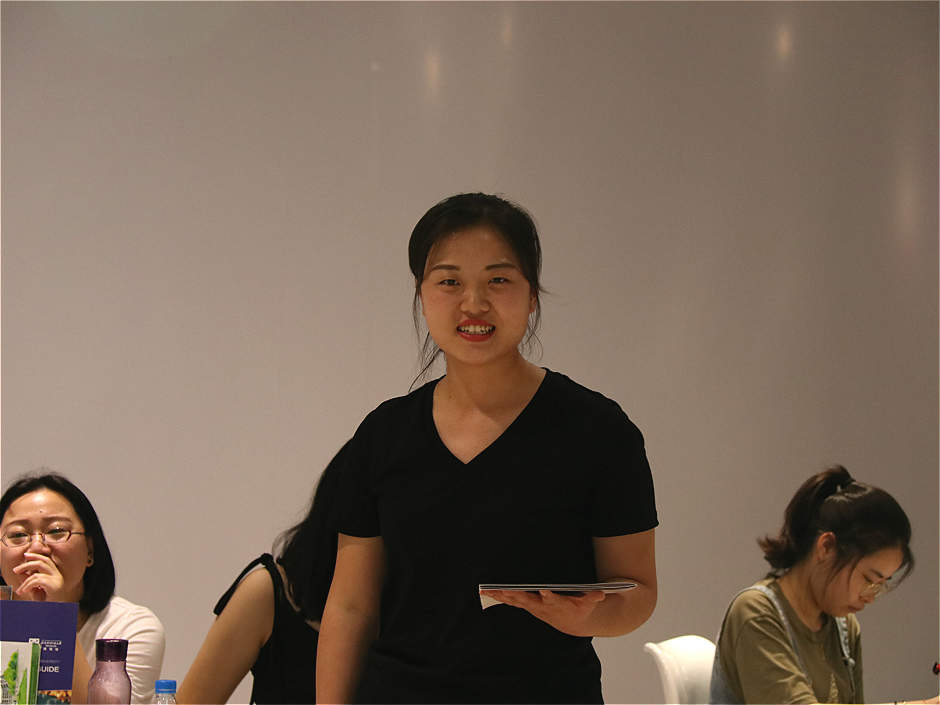
Furthermore, President Xi Jinping is offering China’s development model of ‘socialism with Chinese characteristics’ as an example to other developing countries of the world.
China’s leaders are also increasingly influential globally: in Forbes’s 2017 selection of the ‘World’s Most Powerful People’, Chinese President Xi Jinping ranked first, followed by Vladimir Putin, Donald Trump, and Angela Merkel.
Professor Huang concluded: “It is the development achievements of China that has contributed to its influence and its participation in international discourse.”
Professor Bo offered his comments, referring to “the influence of ideology upon economic development”.
He compared the cases of China and India, and put forward that from the perspective of the economic development deeds of the two countries, the authoritarian political system of China has been more helpful to economic development compared with the democratic system of India:
“The premature democratisation of India hinders the process of industrialisation, because India was still an agricultural society when it gained independence. To implement a democratic system in an agriculturally-dominant country solidifies the agricultural economy and hampers the industrialisation process,” he continued.
He also mentioned that India started its reform in the 1990s when economic development had undergone a rapid boost. After the 2008 international financial crisis, the economic development of China entered a ‘new normal’, while the economic growth of India began to transcend that of China.
He put forward another interesting question: “Is India’s democracy contributive to its economic development in this phase? This question requires further observation and study.”
By Bo Kou and Yingzhou Liu; photos by Yuanyuan Du
Translated by Boqiang Xiao; edited by Guojuan Wang and Danny Abbasi
July 09, 2018
RELATED NEWS
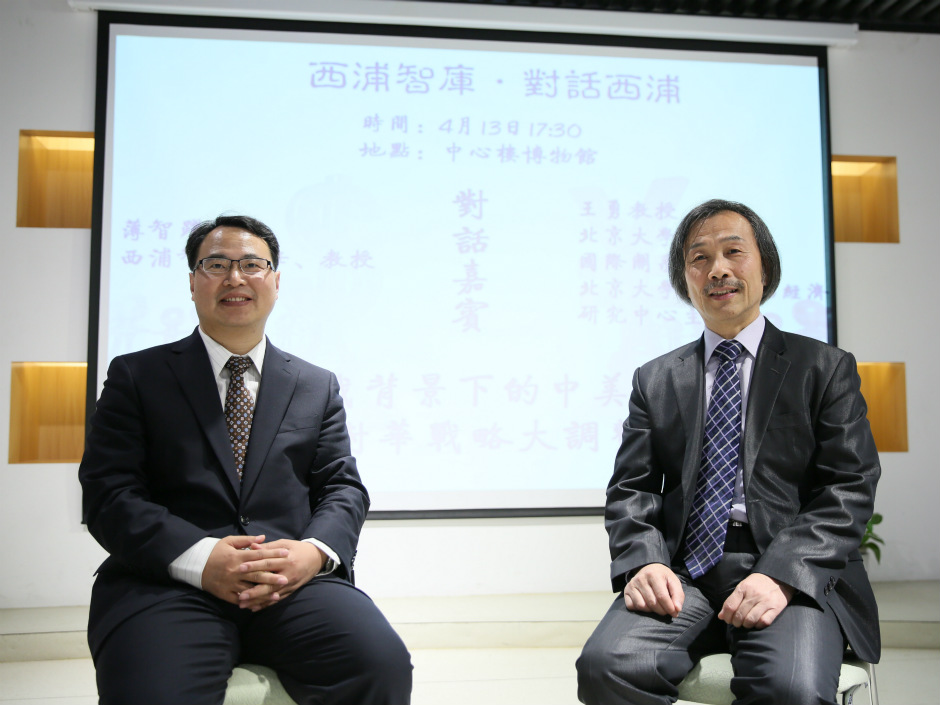
Sino-US relations highlighted in first session of XIPU Dialogue
What is the prospect of the Sino-US trade game? Where is Sino-US relations heading? A dialogue, held at Xi’an Jiaotong-Liverpool University, explored trends ...
Learn more
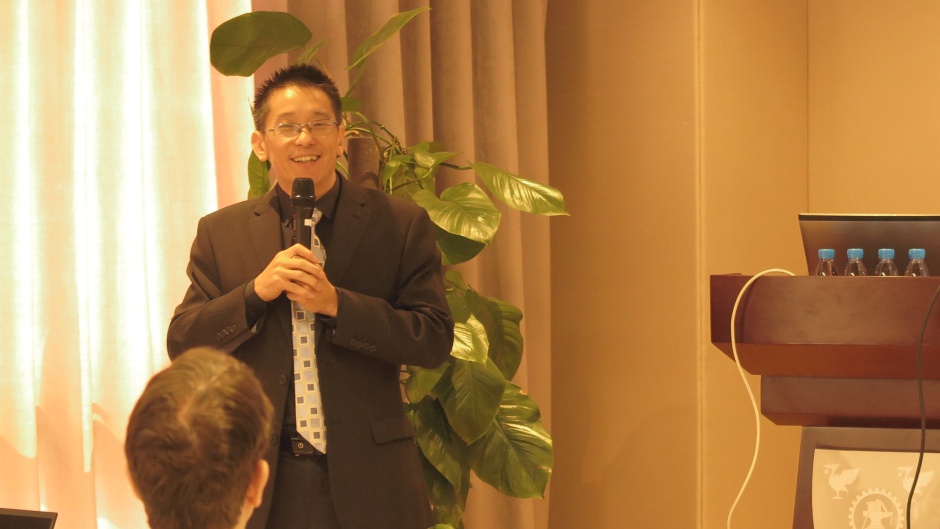
What challenges does China face in its ‘new era’?
The departments of China Studies and International Relations at Xi’an Jiaotong-Liverpool University hosted the 2nd Annual Conference of the Jiangnan Research...
Learn more
